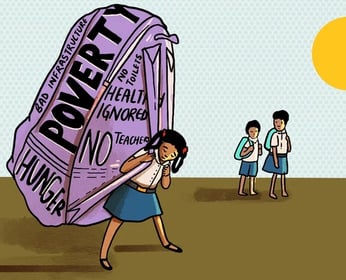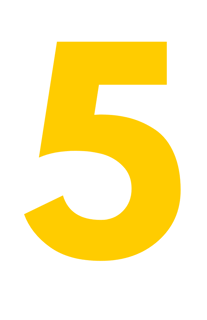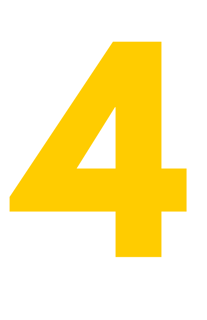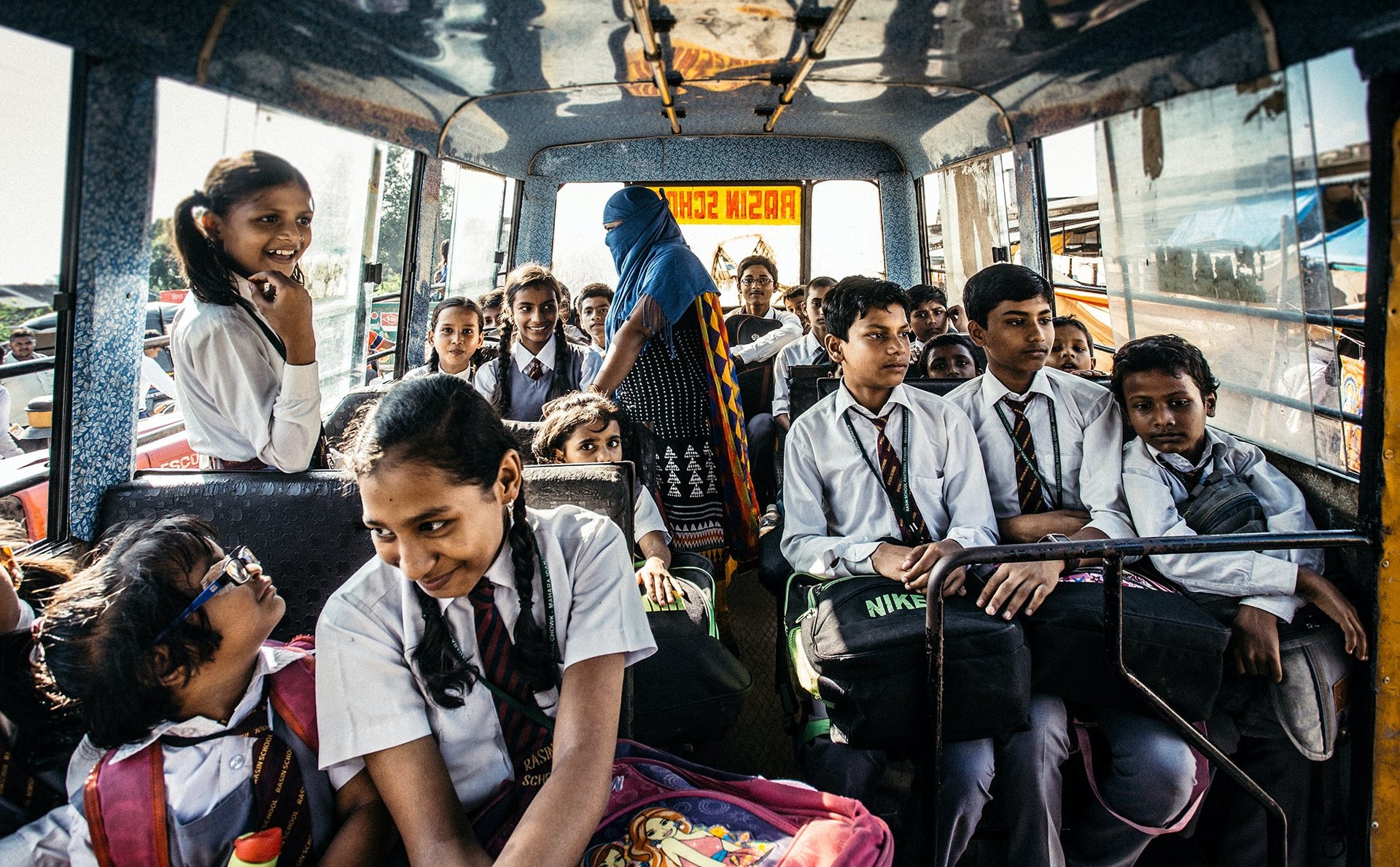
Well-run (model) government schools in Karnataka, ...operate with the support of nongovernmental organisations.This model is doable everywhere, provided there is passion and empathy among communities surrounding the schools.
The dire state of public schools in Karnataka. (n.d.). Deccan Herald. Published 28 July 2024
The Capacity Building Program for Government Schools in Mysore is a comprehensive initiative designed to address systemic challenges and revitalize education for economically marginalized communities. Government schools serve as a critical foundation for accessible education, yet they face declining enrollment, inadequate infrastructure, and limited inclusivity. Through this program, we aim to transform these schools into vibrant, inclusive hubs of learning where every child’s potential is nurtured. This initiative is built on collaboration and partnership with teachers, parents, community leaders, NGOs, and government bodies to create a sustainable framework for change.
Capacity Building Programme


(Image: Deeksha Malhotra/The Quint)

Several reports suggest that nearly 70% of students studying in government schools are ill- equipped to learn in the class they are admitted to.
Pavithra, R.. (2023). Study on Issue and Challenges of Government Schools in Karnataka. British Journal of Multidisciplinary and Advanced Studies. 4. 56-72. 10.37745/bjmas.2022.0190.
Introduction
Government schools in Mysore face several challenges that stem from limited community participation and local socioeconomic factors, which impact their ability to provide quality education. Enrollment rates have declined, partly due to increasing competition from private institutions and a need to build stronger trust and engagement with these schools. Many schools require enhancements to amenities such as classrooms, sanitation facilities, and digital resources to better support students and create a conducive learning environment. Teachers often manage extensive administrative responsibilities alongside their teaching duties, making it harder to address the diverse needs of their students effectively. Additionally, fostering inclusivity remains an area for growth, as children with disabilities and those from underserved backgrounds need more tailored support. Despite these hurdles, the dedication of educators and renewed community interest provide a promising opportunity to work collaboratively and strengthen these schools as vital centers of learning and development.

Karnataka’s government schools have made commendable progress in improving access and infrastructure. However, challenges such as high dropout rates, learning outcomes, and the digital divide persist.
Government Schools in Karnataka: Challenges and Progress | Centre for Educational and Social Studies. (n.d.). Retrieved 18 January 2025,
Program Structure
Education is a cornerstone of social and economic development, and government schools hold a pivotal role in ensuring equitable opportunities for all. Strengthening these institutions is not only about enhancing the quality of education but also about empowering communities, addressing local challenges, and breaking cycles of poverty. When government schools thrive, they foster literacy, critical thinking, and lifelong learning, creating pathways for a brighter future for Mysore. By collaborating with various stakeholders and drawing inspiration from successful initiatives, this program aims to provide every child with access to quality education, regardless of their background. Transforming government schools into vibrant centers of learning will have a far-reaching impact, uplifting families, communities, and society as a whole.
Key Objectives
Our program focuses on seven strategic goals:
1. Strengthening Enrollment: Identifying and addressing barriers to admissions, ensuring every child has access to education.
2. Advocating for Infrastructure Improvements: Campaigning for cost-effective upgrades, including classrooms, sanitation, and digital resources.
3. Empowering Teachers: Providing training, reducing administrative burdens, and enhancing morale.
4. Fostering Inclusivity: Creating equitable learning environments for children with diverse needs, including intellectual and learning disabilities.
5. Enhancing Stakeholder Engagement: Building trust and collaboration with parents, NGOs, and community leaders.
6. Monitoring and Evaluating Impact: Establishing transparent systems for tracking progress and refining strategies.
7. Promoting Scalability: Developing a model adaptable for other regions, integrating best practices from across the state and nation.
Collaborative Partnerships
We believe in the power of collective action. Our program is rooted in partnerships with stakeholders at every level, including:
1 Teachers: Engaging them through workshops, training, and feedback systems to co-create solutions.
2 Parents and Community Leaders: Organizing gatherings to foster trust and participation, ensuring a shared sense of responsibility with bodies such as SMCs
3 NGOs: Collaborating with organizations to amplify outreach, share resources, and enhance impact.
4 Educational Institutions: Aligning interventions with government policies and securing institutional support for sustainability.
Implementation Phases
The program is executed in five strategic phases:
1. Collation and Analysis: Collating information, assessing needs, consulting stakeholders, mapping problems.
2. Program Design: Creating solutions based on insights, drafting interventions with clearly defined KPIs.
3. Outreach and Awareness: Conducting grassroot drives to promote schools and their foundational role in education.
4. Program Implementation: Rolling out interventions in priority schools, supported by trained facilitators and policy backing.
5. Monitoring and Evaluation: Tracking progress through regular surveys, school visits, and feedback mechanisms for sustainable impact.







90% of Schools in Karnataka Lack Libraries
Udayavani. (n.d.). CAG report highlights poor state of government schools in Karnataka. Udayavani. Retrieved 18 January 2025, from https://www.udayavani.com/english-news/cag-report-highlights-poor-state-of-government-schools-in-karnataka
Community-Centered Feedback Mechanisms
We prioritize listening to the community through regular consultation forums, feedback channels for teachers and parents, and transparent evaluations. Your voice shapes the program’s success. If you’re an organization, business, or individual interested in supporting this program, we welcome your partnership.



Join Us in Making a Difference
Contact for More Information Omer Haq, SRO Phone: +91-94491 18357
651 E&F Block Kuvempunagar, Mysore 570023 Karnataka India
admin@tasktrust.org | +91 94491 18357
TASK Educational Charitable and Welfare Trust ®
© 2025 TASK Trust
Website by Expresso Designs, Mysore
Reg Number : MYS-4-005190 2014-15
